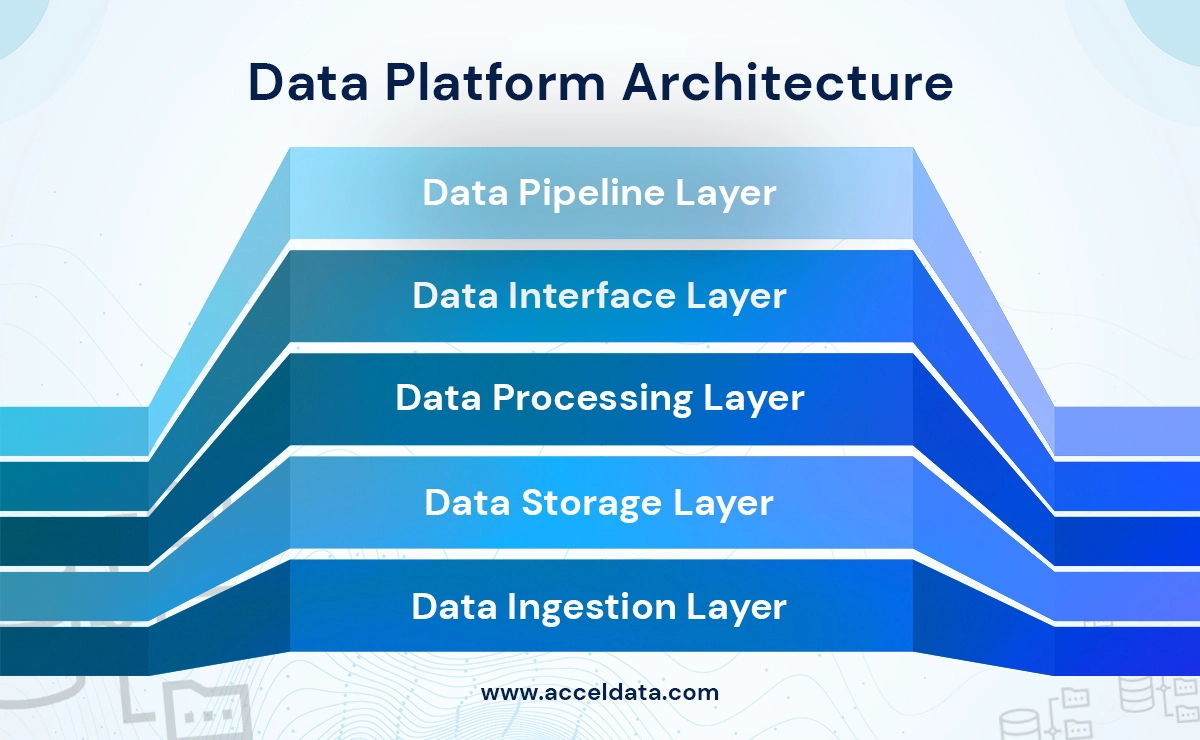In an era where data is the lifeblood of businesses, the demand for efficient and reliable data processing has never been higher. Automatic Data Processing (ADP) platforms have emerged as indispensable tools, empowering organizations to streamline operations, enhance productivity, and make informed decisions. This article explores the transformative capabilities of ADP platforms and delves into their impact on modern businesses.
The Evolution of Data Processing:
Gone are the days of manual data entry and cumbersome spreadsheet management. Automatic Data Processing platforms have ushered in a new era, where data is processed seamlessly and at remarkable speeds. These platforms automate various aspects of data handling, from payroll and human resources to finance and beyond.

Efficiency Unleashed:
One of the key advantages of ADP platforms is their ability to significantly enhance operational efficiency. Tasks that once required hours of manual effort can now be executed with a few clicks. Payroll processing, for instance, is streamlined, ensuring accurate and timely payments to employees. This efficiency not only saves time but also reduces the likelihood of errors, contributing to a more reliable and precise data management system.
Comprehensive Data Management:
ADP platforms offer comprehensive solutions that go beyond basic data processing. They provide tools for data analytics, reporting, and business intelligence, enabling organizations to derive meaningful insights from their data. Decision-makers can access real-time information, allowing for quicker and more informed strategic choices.
Integration Capabilities:
The best ADP platforms seamlessly integrate with other software and systems used within an organization. This integration ensures a smooth flow of data across different departments, eliminating silos and promoting a cohesive approach to business operations. From finance and accounting software to human resources management systems, ADP platforms create a connected ecosystem that fosters collaboration and data consistency.
Security and Compliance:
In an age where data breaches and cyber threats are rampant, the security of sensitive information is paramount. ADP platforms prioritize data security and compliance with industry regulations. Robust encryption, multi-factor authentication, and regular audits are common features, ensuring that data is protected from unauthorized access or breaches.

User-Friendly Interfaces:
Despite their sophisticated capabilities, many ADP platforms prioritize user-friendly interfaces. Intuitive dashboards and easy-to-navigate menus make it accessible for users with varying levels of technical expertise. Training periods are reduced, and employees can quickly adapt to these platforms, maximizing their utility across the organization.
The Bottom Line:
Automatic Data Processing platforms have become essential tools for businesses aiming to thrive in today’s data-driven landscape. By automating routine tasks, enhancing efficiency, and providing advanced analytics capabilities, ADP platforms empower organizations to focus on strategic initiatives and innovation. As businesses continue to evolve, having data at their fingertips through these platforms will undoubtedly be a key factor in their success. Embracing the power of ADP is not just a technological advancement; it’s a strategic move towards a more agile, efficient, and competitive future.


Leave a Comment